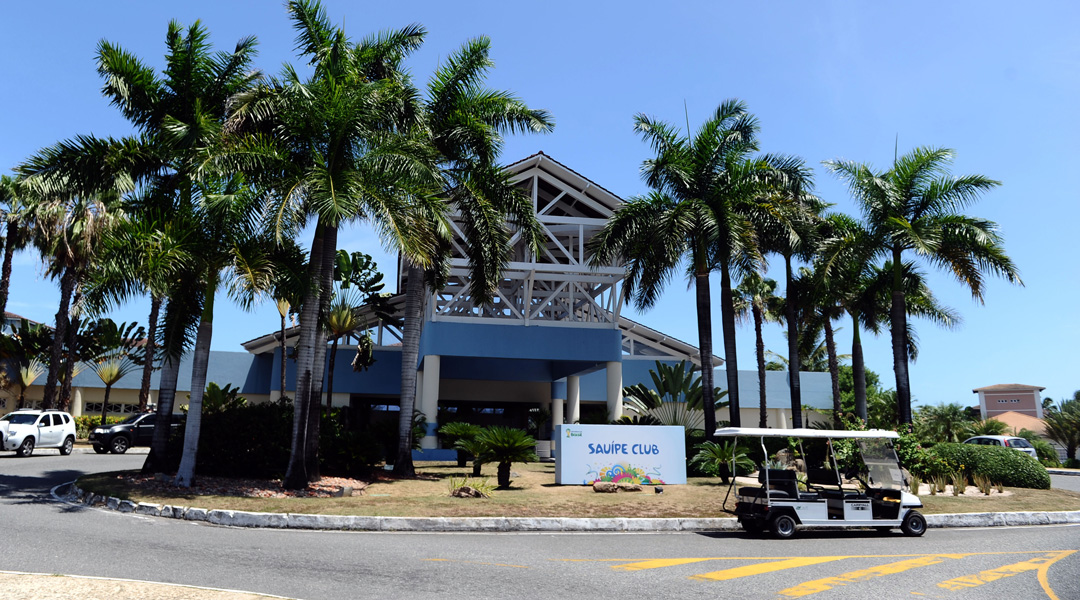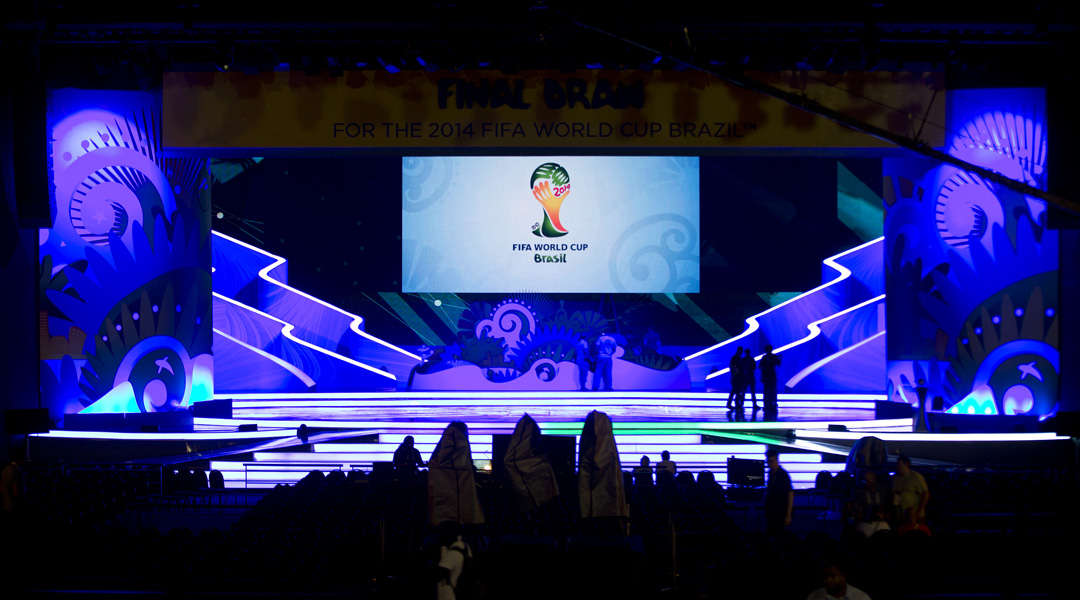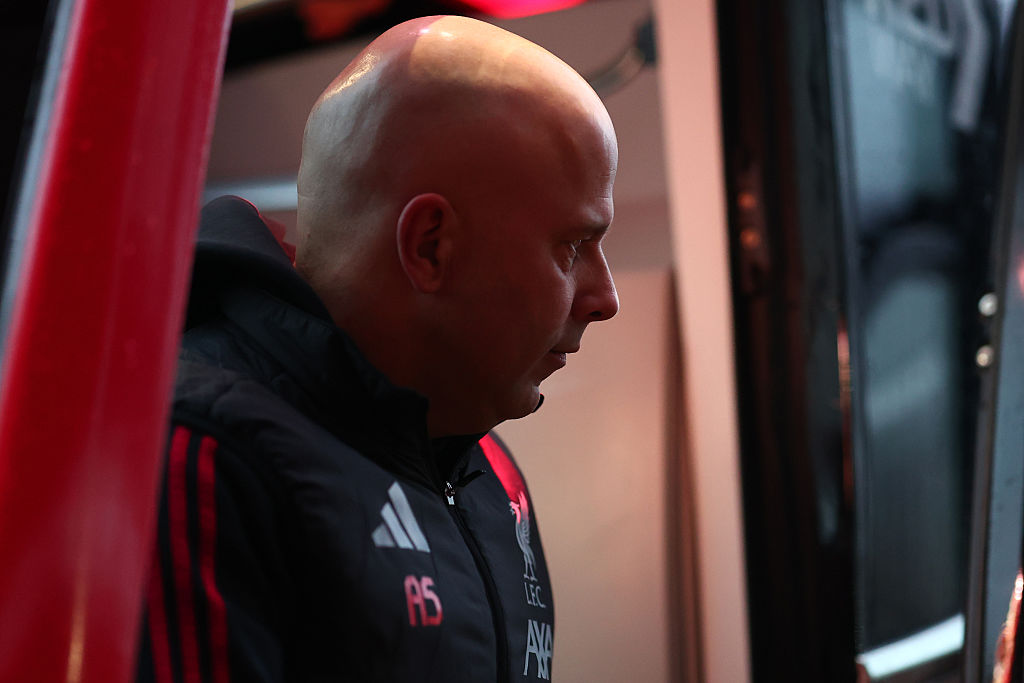Will the 'curse' of the Costa do Sauípe resort haunt the 2014 World Cup draw?
FFT's man in Brazil arrives in Bahia for the World Cup draw.

If nothing goes wrong in Costa do Sauipe until the end of the World Cup draw this Friday, the orishas at the main entrance will be very relieved. In recent years, the main news coming from the resort have involved the exit of major hotel chains, a bout of meningitis and the collapse of the stage in a big event sponsored by a bank.
“That place has been cursed for years”, locals say. The teams placed in the 2014 World Cup’s ‘group of death’ may well have a force more powerful than even Pele to blame for their misfortune.
The fate of the 32 qualified teams will be decided at 4pm GMT. Fittingly, the whole ceremony will last 90 minutes, including appearances of legends Cafu, Zinedine Zidane, Fabio Cannavaro, Lothar Mattheus, Mario Kempes and Sir Geoff Hurst.
There will be four pots. The seeded pot made up of the host-nation and the seven best-ranked in the FIFA standings released in early November: Argentina, Colombia, Uruguay, Belgium, Germany, Switzerland and champions Spain.
After groups A to H have their first member, a single ball will be pulled from Pot 4, the only pot with nine nations (the unseeded European sides: Bosnia-Herzegovina, Croatia, England, France, Greece, Holland, Italy, Portugal, Russia). The selected ball will be put in Pot 2 with Algeria, Cameroon, Ivory Coast, Ghana, Nigeria, Chile and Ecuador. Only then will all the pots feature eight balls. Geography will play a further role in the design of the draw, will a system in place to ensure no group has more than one South American team, or more than two European teams.
Local organisers will be more determined than most that the day’s events unfold without a hitch. It hasn’t been easy for them in the last few weeks: it has been confirmed that three stadia are going to miss the December 31 deadline originally set by FIFA, and worse still, two workers were killed in an accident at the Arena de São Paulo – the venue for the World Cup’s opening match on June 12. They know any flaw in Sauipe, a paradise lost 80 km away from Bahia state capital Salvador, will be leapt upon by the world’s media. That, in turn, could severely dent local pride ahead of hosting football’s extravaganza next summer. This may be why Brazil is spending £8 million on today’s draw alone.

The risk of protests is next to zero, police and organizers say. About 3,000 officers will be involved in providing security for the event, which will be attended by almost 5,000 people, including players, coaches, officials, celebrities and media. Their confidence is down to the fact Sauipe is only reachable by road from Salvador, and the state of Bahia wasn’t particularly enthusiastic about the demonstrations that rocked other parts of the country during the Confederations Cup last June.
The best features, fun and footballing quizzes, straight to your inbox every week.
Local Organising Committee executive Ricardo Trade denies Sauipe was chosen because of the lower risk of protests. “The idea is to promote tourism. Even cities that won’t have World Cup stadia should benefit,” he tells FourFourTwo.
This resort, inaugurated in 2000, started as a holiday destination for wealthy South Americans, but has lost its charm after hotel chains Sofitel, Marriot and Renaissance upped and left.
Residents of the nearby village of Imbassai say Sauipe’s curse could be lifted if the draw is well organised, Brazil get an easy group, and rivals Argentina are left facing some difficult obstacles.
“For the last five years Sauipe was abandoned,” says local expert Lobo Santos, 55. He has worked with hotels in Bahia for 38 years. Driver Gilberto Ramos, 45, believes the draw is just what the resort needed. “We have to overcome this bad luck. If not now, when?”
For some teams, Sauipe’s curse might end only in the 2018 World Cup draw.
 Join The Club
Join The Club





